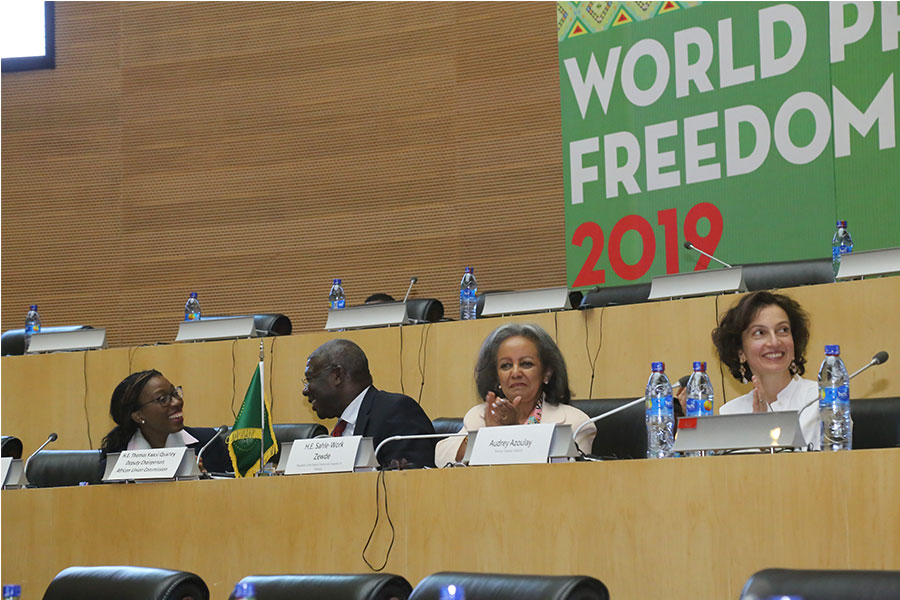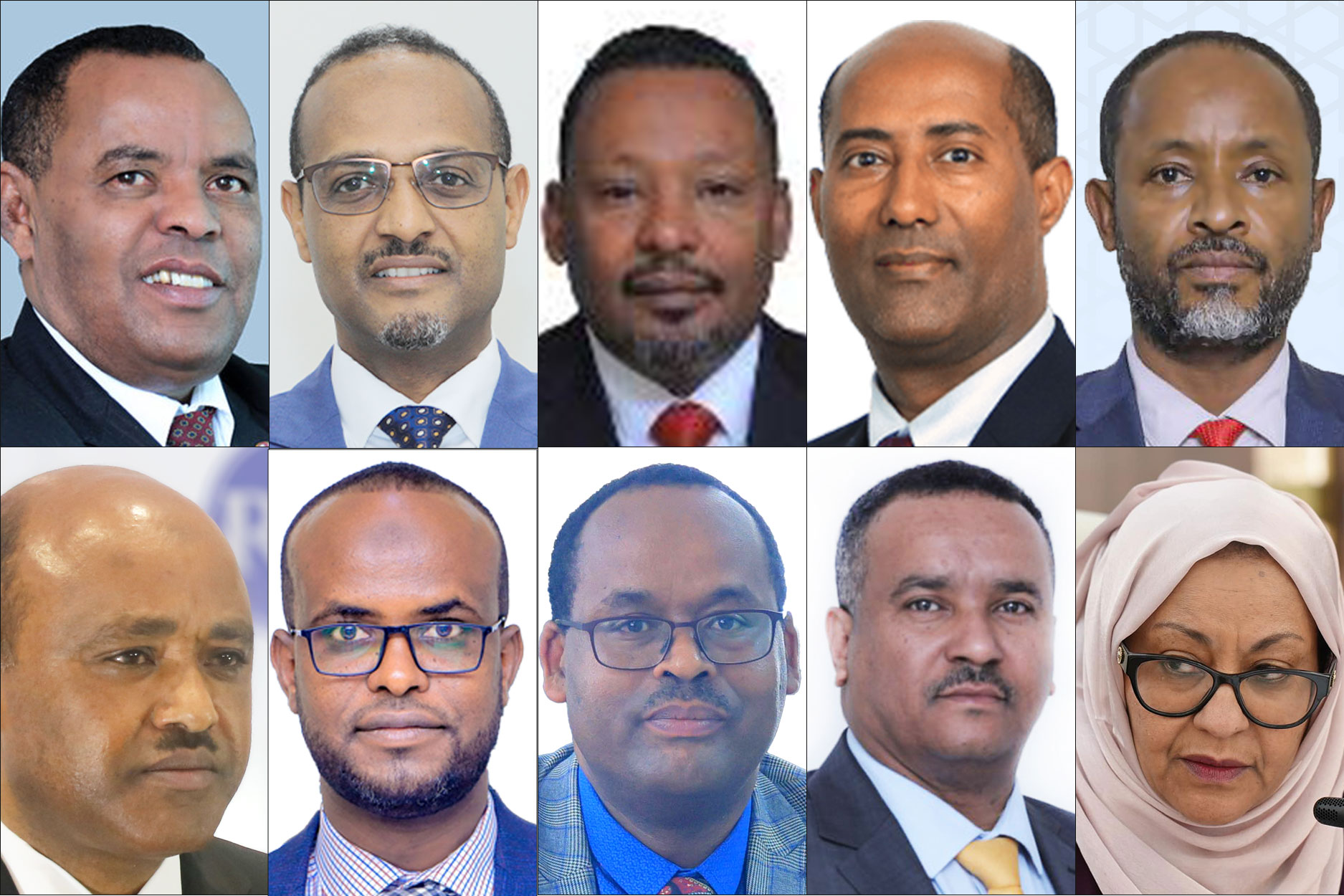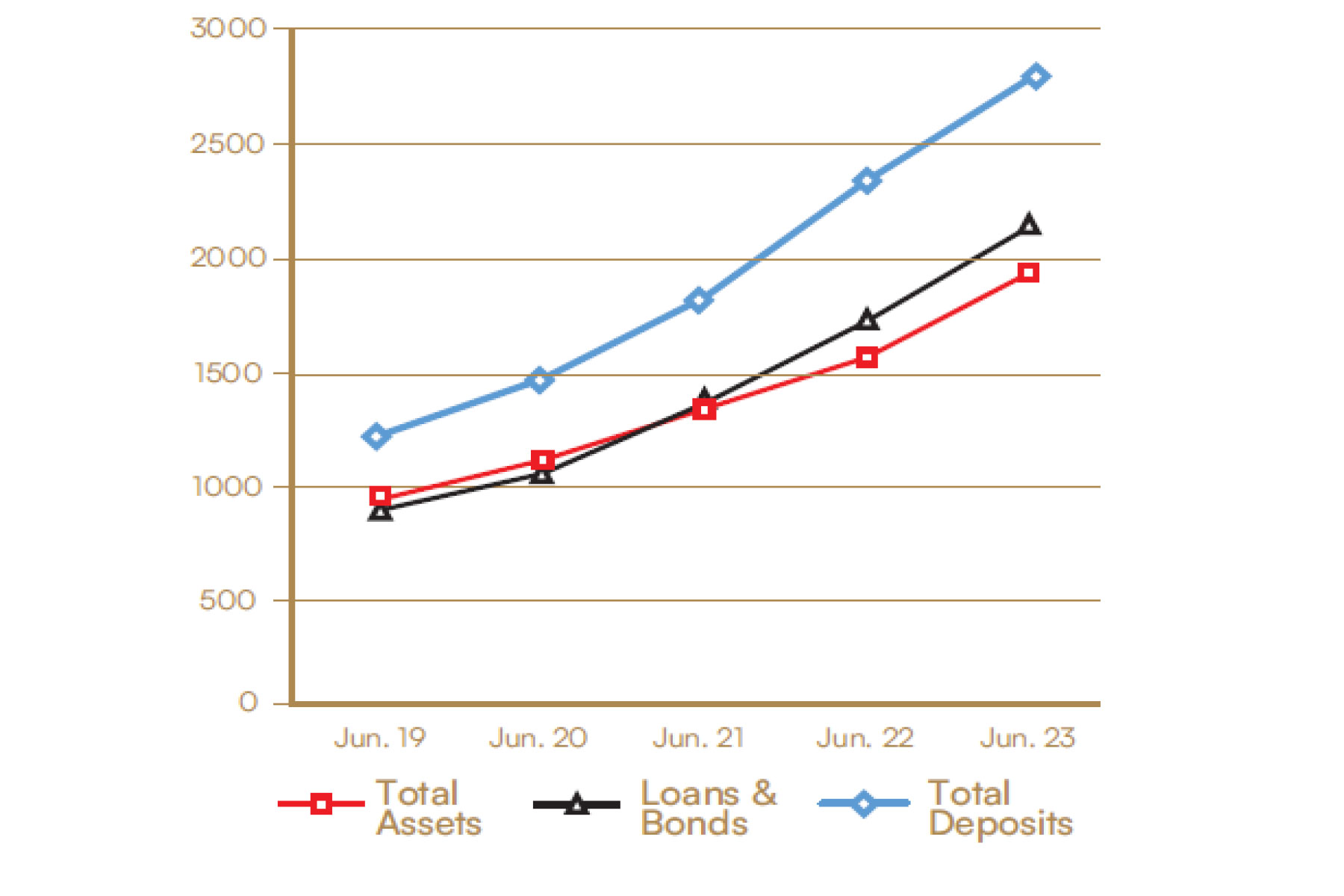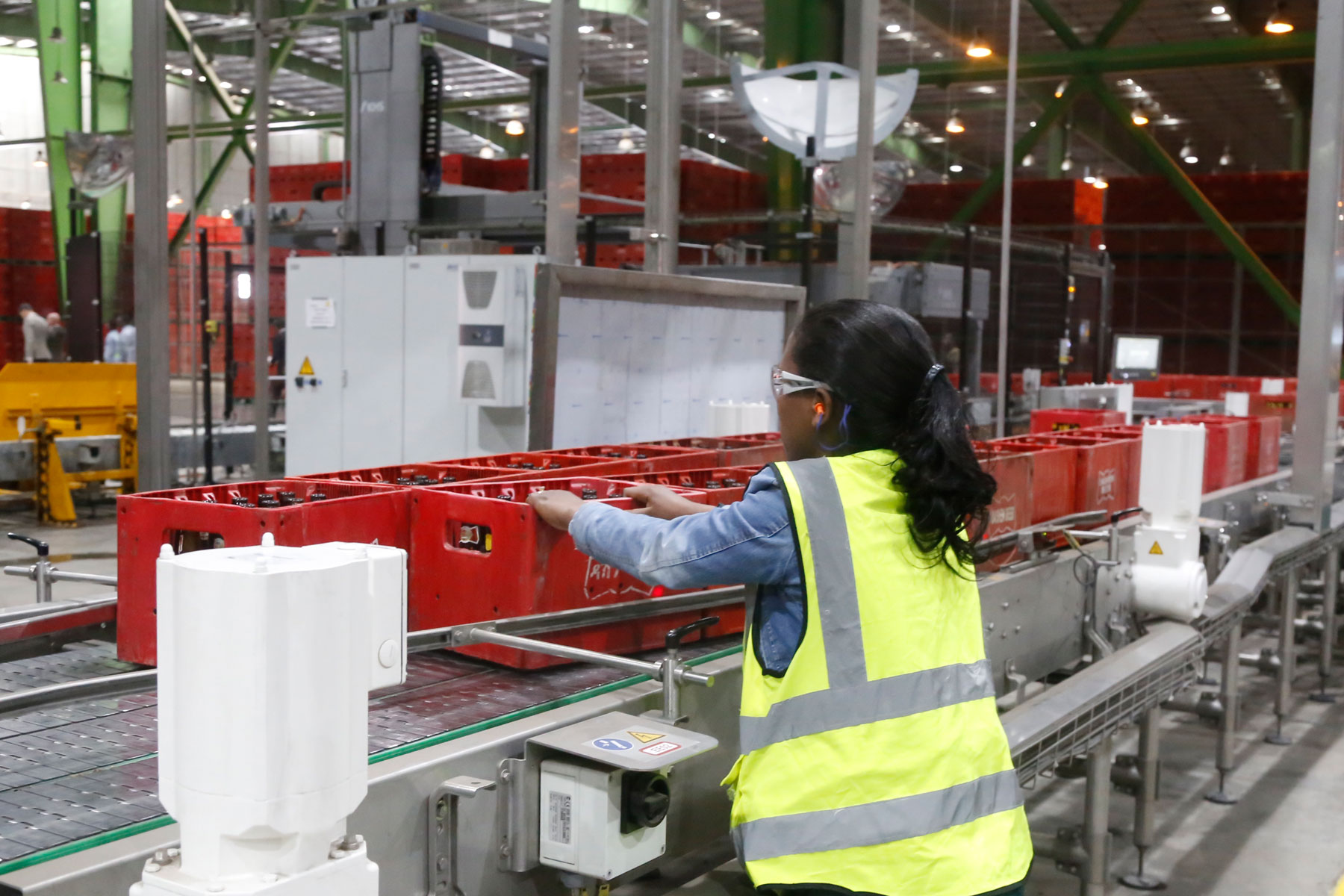
Sunday with Eden | Feb 15,2020
Mar 9 , 2019
By Eleni Z. Gabre-Madhin (PhD)
Can we learn global lessons, adapt and build a Startup Ethiopia that galvanises our economy, dynamises our private sector and attract hundreds of millions of dollars in startup investment funding? Yes, we absolutely can, writes Eleni Z. Gabre-Madhin (PhD), chief happiness officer of blueMoon.
I have spent a good deal of time over the past three years thinking about startups and what it takes to be a startup entrepreneur. I am not talking about micro-enterprises and SMEs doing typical business activities to earn a living.
I am talking about those bold, visionary, independent-thinking individuals who dare to think they can actually change the world with their innovative ideas, who think big, and different, and are driven by their passion rather than by practicalities. These are the types of people who have crazy-sounding ideas, inspired by their curiosity and far-reaching explorations into the world of possibilities, who see what others cannot, and who belong to a special global tribe of like-minded game-changers.
These are people who tend to be argumentative, highly intelligent, fiercely individualistic, even megalomaniacal. People who are essentially anarchists, bucking tradition, hierarchy, and their own comfort zone. People who take huge risks, resisting the status quo, family pressure, and societal norms, to pursue their dreams. Let us call them freedom-lovers, or even freedom-fighters, of sorts. And yes, we have lots of them in Ethiopia.
Syl Johnson’s lyrics circa 1970 come to mind: “When you hear what I gotta say, I’m sure you won’t be able to turn your head away. Because, what I’m gonna talk about, nobody wants to be without ... And it makes no difference who you are or what colour you happen to be. As long as you’re alive and breathing, this is got to be one of your needs. I’m talking ‘bout Freedom! Freedom for You and Me!”
Why does this matter? Why should we in Ethiopia today care about unconventional-minded startups tinkering on an app or a mechanical invention that might very well go nowhere? When we have jobs to create, big investments to pursue, industrial parks to build, and mega-projects to manage?
Some may argue that innovative startups are a developed economy thing, which we will reach someday in the future. For now, many might feel that we need to focus on massive short-term job creation of a practical sort, and on creating low-risk employment schemes in traditional industries.
Maybe so, and just maybe, not. Of course, we need jobs, jobs, and jobs. And we need to push unemployed youth into gainful employment in industry and services. And this is an immediate priority. But, it is not enough.
Globally, we are witnessing an incredible and rising global startup revolution, in every corner of the planet. Venture capital investments in startups were over 140 billion dollars in 2017, and the total value created by the global startup economy from 2015 to 2017 reached a whopping 2.3 trillion dollars, according to Startup Genomedata. Africa had a record year in 2018, with startup funding quadrupling to 725 million dollars, almost entirely in Nigeria, South Africa, and Kenya.
The global startup revolution is now on its third wave. The first two generations of startups focused on the internet and information technology, such as search, email, social media apps, and digital media. Now, startups are applying technology to the real world, in robotics and manufacturing, transportation, agriculture, education, healthcare, clean energy, and others. We see the emergence of “deep tech”, such as artificial intelligence, blockchain, robotics, and big data and the rising dominance of China relative to Silicon Valley.
Startups do not exist in a vacuum. Rather they thrive in startup “ecosystems,” made up of incubators, early stage and venture capital funds, universities and research and development labs, and hubs and spaces to interact. The concept of a “cluster” is quite important, in that the strength of an ecosystem depends on the concentration of startups and ecosystem actors in a given location.
Thus, startup ecosystems are identified by city, rather than country, with the most well-known startup ecosystems in the Silicon Valley, Boston, London, Tel Aviv, Bangalore, Singapore, Beijing, and Berlin, among others. In Africa, Lagos, Nairobi, and Cape Town are emerging ecosystems.
Despite our fast-growing economy and many other achievements, Ethiopia has not yet embarked on a serious effort to capture the significant gains from building a vibrant startup ecosystem, in order to harness innovation, solve big problems, attract venture capital funding, and generate significant economic value. The world is in a technology race and Ethiopia has hardly entered.
The key question for the New Ethiopia is: how can we build a globally recognised Addis Abeba startup ecosystem? Let us start with two principles. First, it can be done, with vision, intentionality, and clear strategy. Second, it is ultimately about freedom.
From 1948 to 1970, Israel quadrupled its economy and tripled its population, investing heavily in infrastructure and education, but with limited private sector engagement. Starting in the 1990s, Israel transformed itself from a sleepy backwater into a leading centre for global innovation, unleashing a vibrant entrepreneurial private sector.
What changed?
Certainly, a culture of intellectual curiosity, close-knit social ties, security threats, national military service, strong universities, and a committed and highly educated Jewish Diaspora were all critical factors. But the catalysing action taken by government was the decision to kick-start the Israeli venture capital industry through the Yozma initiative in 1992 that invested 100 million dollars into ten venture capital funds with the government matching funds from private venture capital investors.
Over the following five years, this fund grew to over three billion dollars, attracting global venture capital investors. By 2009, Israel had more startups per capita than any other country.
Among many other examples where governments took decisive action, Singapore is an excellent model with its creation of a program called SPRING in 2008, now Enterprise Singapore, to achieve its vision to create the best conditions for startups to thrive in a vibrant startup ecosystem now globally recognized among the top ten in the world.
This included dramatic measures to ease doing business, allowing startups to get established in literally minutes, and establishing links between university research centres and incubators that it promoted through its programs.
Learning from Israel, Singapore invested in various early stage co-invested funds with private investors. With its “Startup SG” program, Singapore attracts startup entrepreneurs and venture capital investors from all over the world, with nearly 800 million dollars in startup investments in 2017, and has surpassed Silicon Valley as the top source of startup talent in the world.
Can we learn global lessons, adapt, and build a Startup Ethiopia or Enterprise Ethiopia initiative that galvanises our economy, dynamises our private sector, and attracts hundreds of millions if not billions of dollars of startup investment funding over the coming few years?
Yes, we absolutely can. We have a huge domestic market. We have 44 universities with 150,000 graduates every year, the majority of whom are science, technology, and engineering degree holders. We need to build on this huge innovation and startup potential by investing in university incubators and seed grants to create an innovation startup culture from the second year of university.
We need to strengthen industry linkages and build technical skills by establishing mandatory internship or co-op programs for students. We need to incentivise academia in universities to engage in cutting edge research and development with intellectual property regimes and royalties for discoveries.
We need to promote an Ethiopian venture capital industry with government matching and de-risking early stage private funds. We need programs to promote Ethiopian startups to be incubated abroad and to even launch companies abroad to link to global markets. We need initiatives to consciously attract foreign-owned startups to launch companies in Ethiopia to link to domestic and regional markets, without investment restrictions.
We need radical policy reforms including automatic startup registration, tax holiday for three years, and ease of winding down. We need significantly reduced or free data usage for startups. We need support for private incubators and accelerators and startup service providers.
All of these programs need to be streamlined through a Startup Ethiopia government agency that is dedicated to innovation startups, distinguished from micro-enterprises or job creation programs, and which is judged by how well it works with the private sector and what value creation it achieves.
And finally, freedom. In the end, it is all about freedom. Freedom to dream. Freedom to believe and hope and fight for one’s piece of truth. Freedom from being told what to think. Freedom from excessive and often ill-conceived regulatory restrictions and the stranglehold of bureaucracy. Freedom to pursue crazy ideas that might just change Ethiopia and the world. And if we can grant these freedoms, they actually will.
PUBLISHED ON
Mar 09,2019 [ VOL
19 , NO
984]


Sunday with Eden | Feb 15,2020

Viewpoints | May 27,2023

Viewpoints | Nov 20,2021

Sunday with Eden | Jan 18,2020

Viewpoints | Dec 05,2018

Radar | May 04,2019

Verbatim | Nov 27,2018

Life Matters | Oct 05,2019

Verbatim | Oct 03,2020

Radar | Jan 18,2020

Photo Gallery | 96086 Views | May 06,2019

Photo Gallery | 88355 Views | Apr 26,2019

My Opinion | 66980 Views | Aug 14,2021

Commentaries | 65709 Views | Oct 02,2021
My Opinion | Apr 13,2024

Feb 24 , 2024 . By MUNIR SHEMSU
Abel Yeshitila, a real estate developer with a 12-year track record, finds himself unable to sell homes in his latest venture. Despite slash...

Feb 10 , 2024 . By MUNIR SHEMSU
In his last week's address to Parliament, Prime Minister Abiy Ahmed (PhD) painted a picture of an economy...

Jan 7 , 2024
In the realm of international finance and diplomacy, few cities hold the distinction that Addis Abeba doe...

Sep 30 , 2023 . By AKSAH ITALO
On a chilly morning outside Ke'Geberew Market, Yeshi Chane, a 35-year-old mother cradling her seven-month-old baby, stands amidst the throng...

Apr 13 , 2024
In the hushed corridors of the legislative house on Lorenzo Te'azaz Road (Arat Kilo)...

Apr 6 , 2024
In a rather unsettling turn of events, the state-owned Commercial Bank of Ethiopia (C...

Mar 30 , 2024
Ethiopian authorities find themselves at a crossroads in the shadow of a global econo...

Mar 23 , 2024
Addis Abeba has been experiencing rapid expansion over the past two decades. While se...

Apr 13 , 2024
A severe financial stranglehold has been imposed on the banking industry, underminin...

Apr 13 , 2024 . By MUNIR SHEMSU
In an unprecedented move, the central bank has published its inaugural stress test report, uncovering potential fault lines within the finan...

Apr 13 , 2024 . By MUNIR SHEMSU
In a bold departure from its historical position on foreign investment, the federal government has opened...

Apr 13 , 2024 . By AKSAH ITALO
A proposed excise tax stamp system draws controversy amongst industry leaders in the alcohol, tobacco, be...